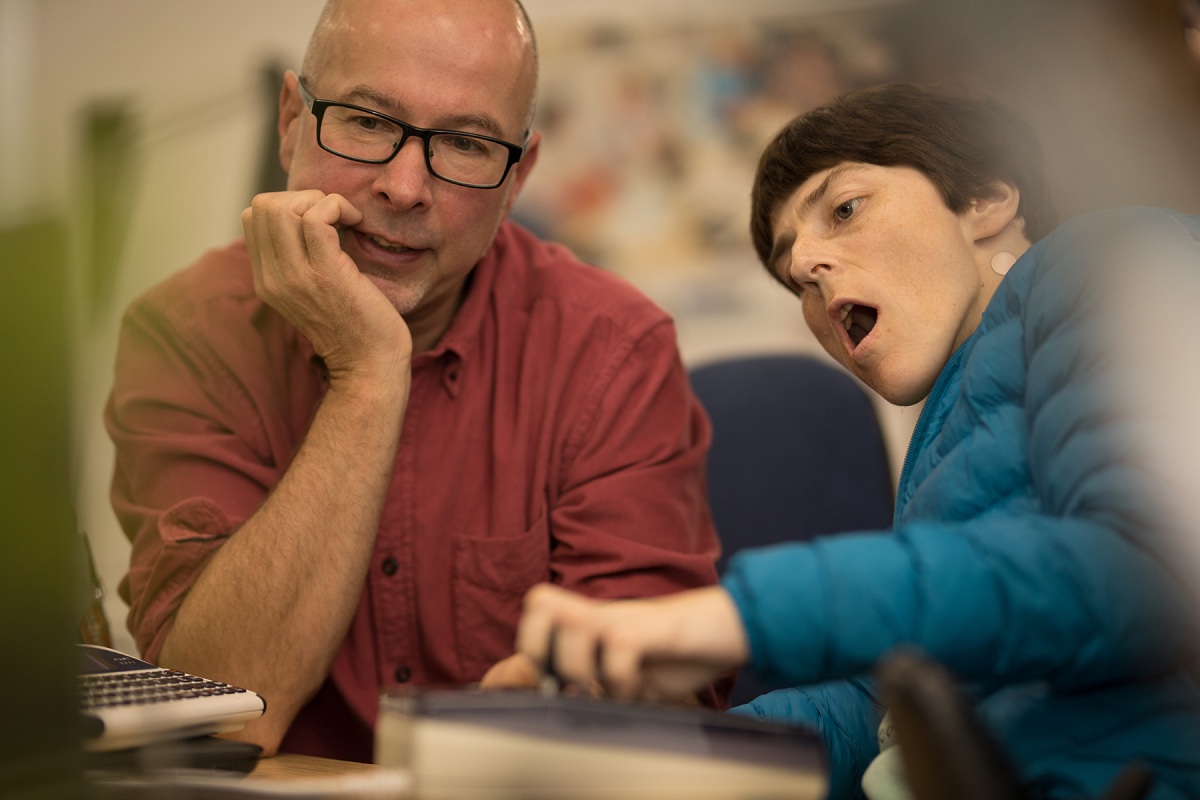Scotland-based University of Dundee has launched a new course with the aim of enhancing the learning experience of students facing barriers to their education due to disability.
The M Sc in Educational Assistive Technology within the University’s School of Science and Engineering will train individuals to implement and support the use of technology within education to enable students with a broad range of learning difficulties and/or physical disabilities access curriculum.
Assistive Technology (AT) is designed to ensure that students are able to access and participate fully in education, employment, entertainment and the wider environment as independently as possible. Different tools can be used to support students with high incidence, lower impact disabilities (for example dyslexia, dyspraxia) through to low incidence, higher impact disabilities (for example cerebral palsy, autism).
The new course, which will commence in January 2021, aims to enhance the support to students who require AT by establishing the role of an Educational Assistive Technologist to ensure that technologies are deployed and supported across the service provision for learners.
The course is available in a blended model wherein full-time students will have to be at the University of Dundee campus in Scotland for a year and part-time students will spend a total of two weeks in Dundee-once in the spring and once in summer/autumn. The duration of the course for full-time students is 12 months and for part-time students, it is 24 months.
“This Masters degree has been developed to address a global need for the professionalisation of the ‘Assistive Technologist’ role within all levels of education provision,” said Programme Director Professor Annalu Waller.
Admission to the course requires a Bachelor’s degree in computing, education or a therapeutic subject or equivalent qualification/experience in assistive technology with 55% or above from the University of Delhi, University of Mumbai, University of Calcutta, IITs and IIMs (considered equivalent to a UK 2.1 degree). Bachelor’s degree with 60% or above is required from other institutions (considered equivalent to a UK 2.1 degree). The participant will need to have Protecting Vulnerable Groups (PVG) member status or equivalent.
International students can apply for both full-time as well as the part-time course. The fees for international students for full-time study is £ 21,950 per year of study and part-time is £ 10,975 per year of study.
The applicants to this programme may be eligible for the University’s Global Excellence Scholarships of £5,000 which is awarded to those who have demonstrated excellence through academic, extra-curricular, or voluntary activities.
For more information about how to apply, please visit the University website.












